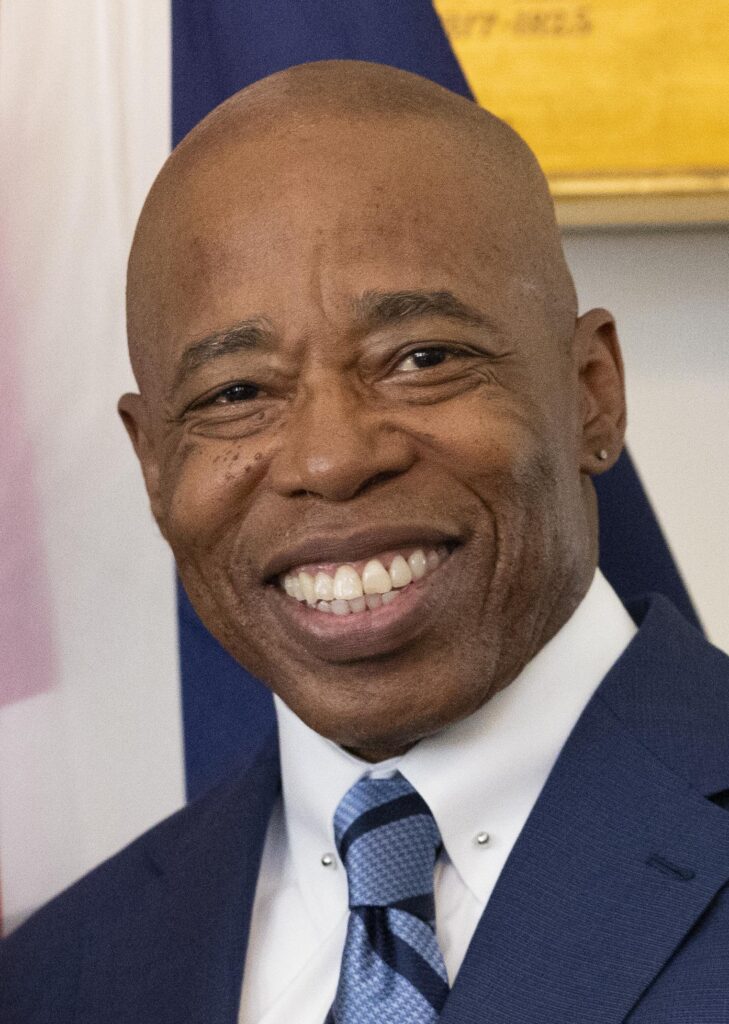New York City Reinstates $167 Million to Boost Early Childhood Education
Mayor Eric Adams Restores Crucial Funding for 3-K and Pre-K Programs
In a notable policy reversal, New York City Mayor Eric Adams has reinstated $167 million in funding for the city’s 3-K and pre-K early education initiatives, reversing the exclusion of these funds from his initial January budget proposal. This restoration responds to persistent advocacy from educators, families, and community organizations emphasizing the essential role of early learning in shaping academic and social success. The renewed investment underscores the city’s dedication to expanding equitable access to high-quality early education for thousands of children across all boroughs.
The restored budget will enhance several critical components of early childhood education, including:
- Broadening 3-K program availability in neighborhoods with limited resources
- Strengthening professional development and training for early childhood educators
- Upgrading classroom materials and educational tools
- Increasing family engagement programs to support holistic child development
| Program Area | Original Budget | Updated Budget | Additional Funding |
|---|---|---|---|
| 3-K Program Expansion | $120 million | $200 million | $80 million |
| Pre-K Support Services | $150 million | $217 million | $67 million |
Community advocates have welcomed this development as a vital stride toward educational equity, ensuring that early learning opportunities are accessible to all children regardless of their socioeconomic background. As the fiscal year unfolds, stakeholders anticipate that these investments will yield tangible improvements in educational outcomes citywide.
Expanding Early Education Access in Underserved Neighborhoods
The reinstated funding specifically targets the expansion of early childhood education in communities historically underserved by the city’s educational infrastructure. By allocating $167 million to these programs, the city aims to increase enrollment capacity and improve the quality of services offered to young learners in areas where access has been limited.
Key initiatives supported by this funding include:
- Increasing classroom seats in boroughs with the greatest demand
- Recruiting and training specialized educators with expertise in early childhood development
- Modernizing facilities to meet safety and educational standards
- Enhancing outreach efforts to engage families from marginalized communities
| Borough | New Seats Funded | Estimated Enrollment Growth |
|---|---|---|
| Bronx | 1,300 | 16% |
| Brooklyn | 1,600 | 19% |
| Queens | 1,200 | 13% |
| Staten Island | 450 | 11% |
| Manhattan | 850 | 15% |
Evaluating the Broader Impact on Equity and Social Outcomes
Reinstating this substantial funding is a critical measure to bridge the educational divide that disproportionately affects children from low-income and minority backgrounds. Research consistently shows that early childhood education is a cornerstone for improved academic achievement, higher graduation rates, and enhanced social-emotional skills. Without adequate funding, many families in disadvantaged areas face significant obstacles in accessing these foundational programs, perpetuating cycles of inequality.
Long-term societal advantages of investing in early education include:
- Improved readiness for the workforce and increased lifetime earnings
- Lower reliance on remedial education and social welfare programs
- Stronger community health indicators and reduced crime rates
| Area of Benefit | Projected Outcome |
|---|---|
| Academic Success | Higher graduation rates and improved learning achievements |
| Economic Advancement | Expanded job prospects and increased income potential |
| Community Well-being | Decreased crime and reduced dependency on social services |
Strategies for Ensuring Sustainable Funding and Program Excellence
To maintain the positive momentum from this funding restoration, it is imperative to establish long-term financial strategies that protect early childhood education from future budgetary cuts. Options such as dedicated education bonds or earmarked taxes could provide a reliable revenue stream, ensuring consistent program growth and stability.
Moreover, transparency and accountability must be prioritized through regular public reporting on fund utilization and program outcomes. This openness will foster community trust and support for ongoing investments.
Investing in the early childhood education workforce is equally critical. Competitive salaries, comprehensive training, and professional development opportunities will attract and retain skilled educators, directly enhancing the quality of learning experiences for children.
Collaboration among city agencies, community organizations, and families is essential to create a supportive ecosystem that promotes both access and excellence in early education. The table below highlights key policy areas and recommended actions:
| Policy Area | Recommended Measures |
|---|---|
| Financial Stability | Implement dedicated funding sources; multi-year budget commitments |
| Transparency & Accountability | Conduct regular impact evaluations; publish detailed expenditure reports |
| Workforce Enhancement | Offer incentives for training; ensure competitive compensation |
| Community Involvement | Design inclusive programs; foster partnerships with local stakeholders |
Conclusion: A Renewed Commitment to Early Learning in NYC
Mayor Eric Adams’ decision to restore $167 million in funding for 3-K and pre-K programs represents a pivotal advancement in New York City’s efforts to prioritize early childhood education. This action addresses critical concerns raised by educators and advocates about the accessibility and quality of early learning opportunities. As these funds are deployed, the city’s youngest learners stand to benefit from expanded access, enriched educational environments, and stronger support systems, laying a robust foundation for their future academic and social success.













